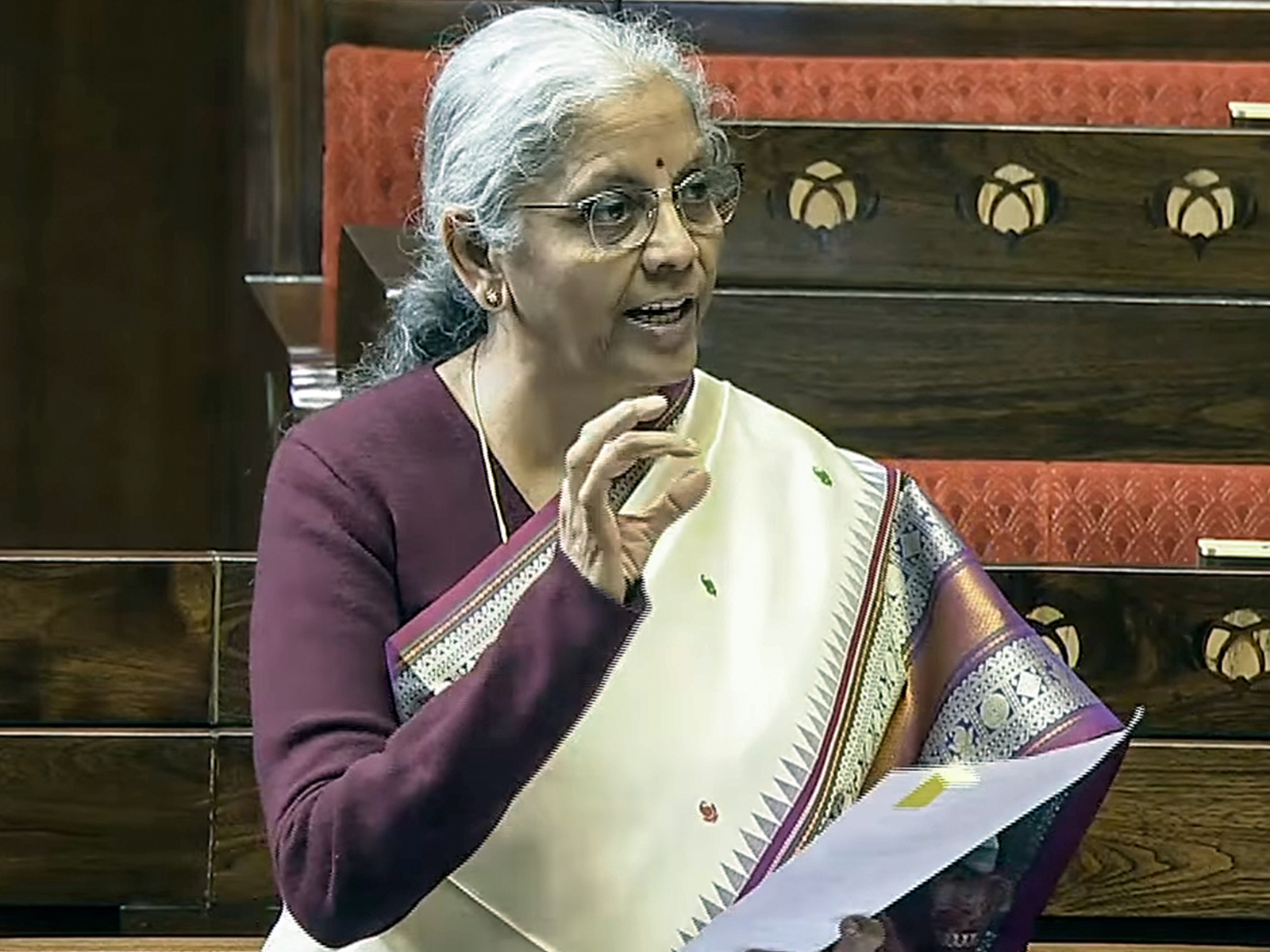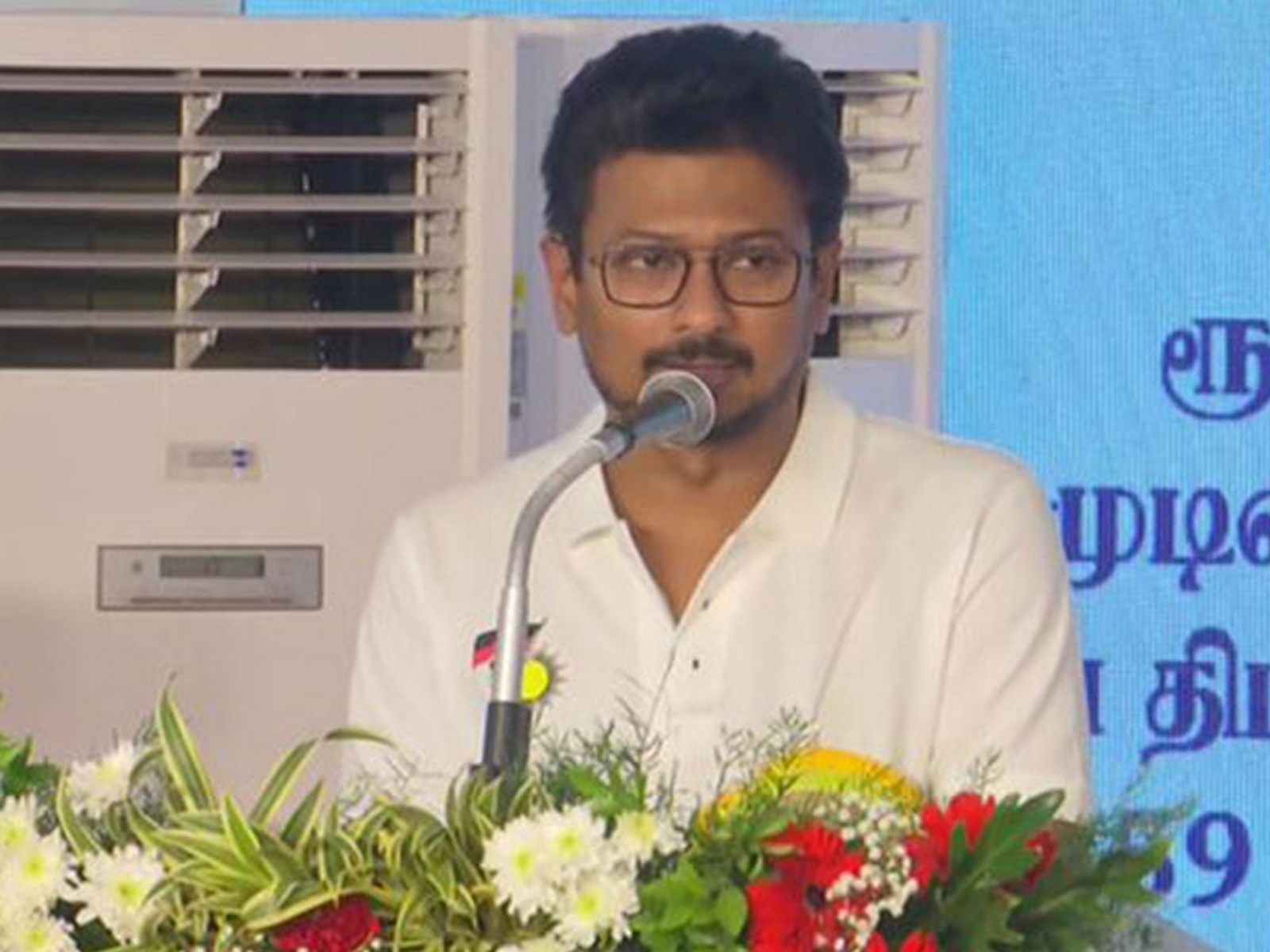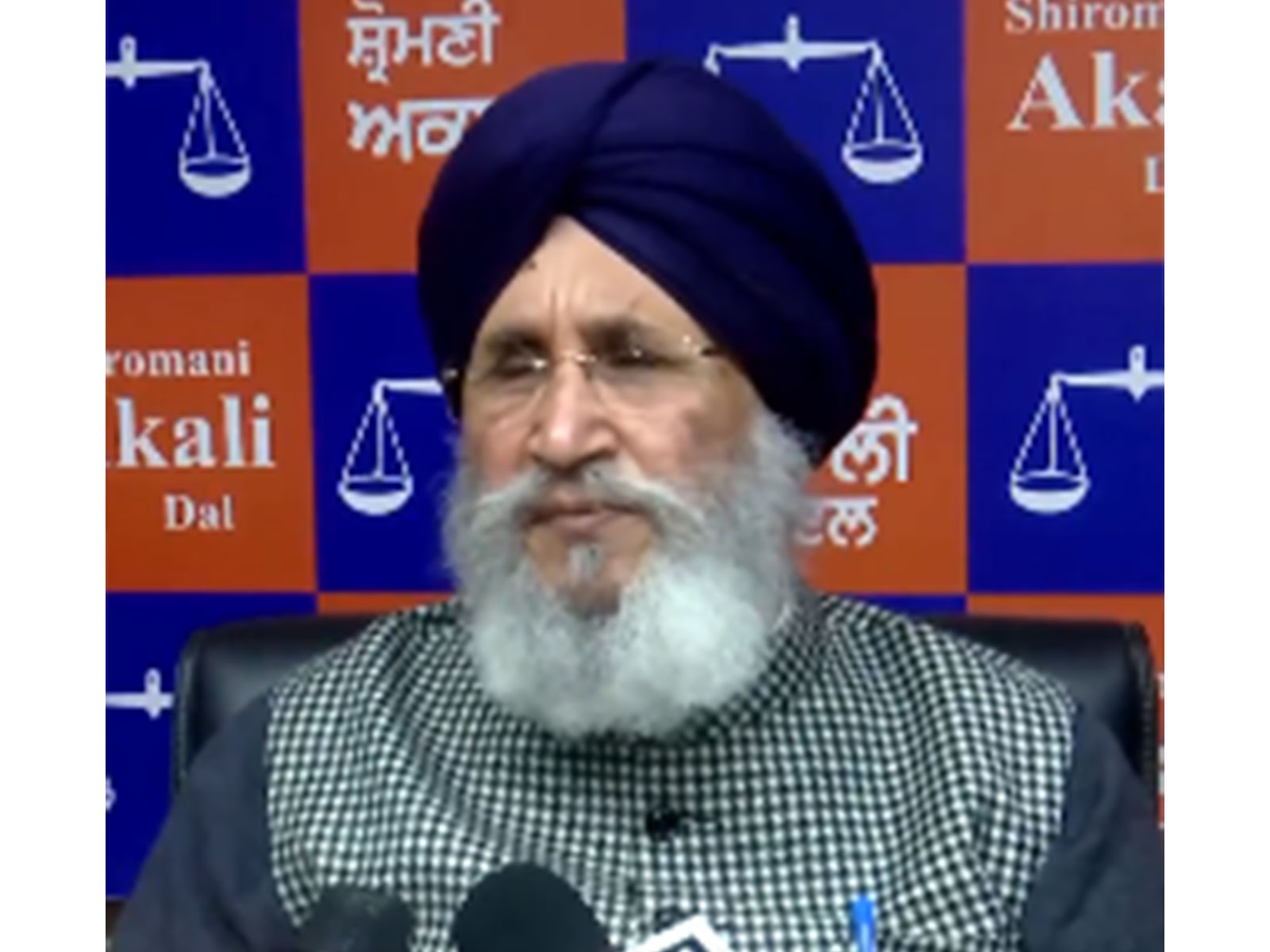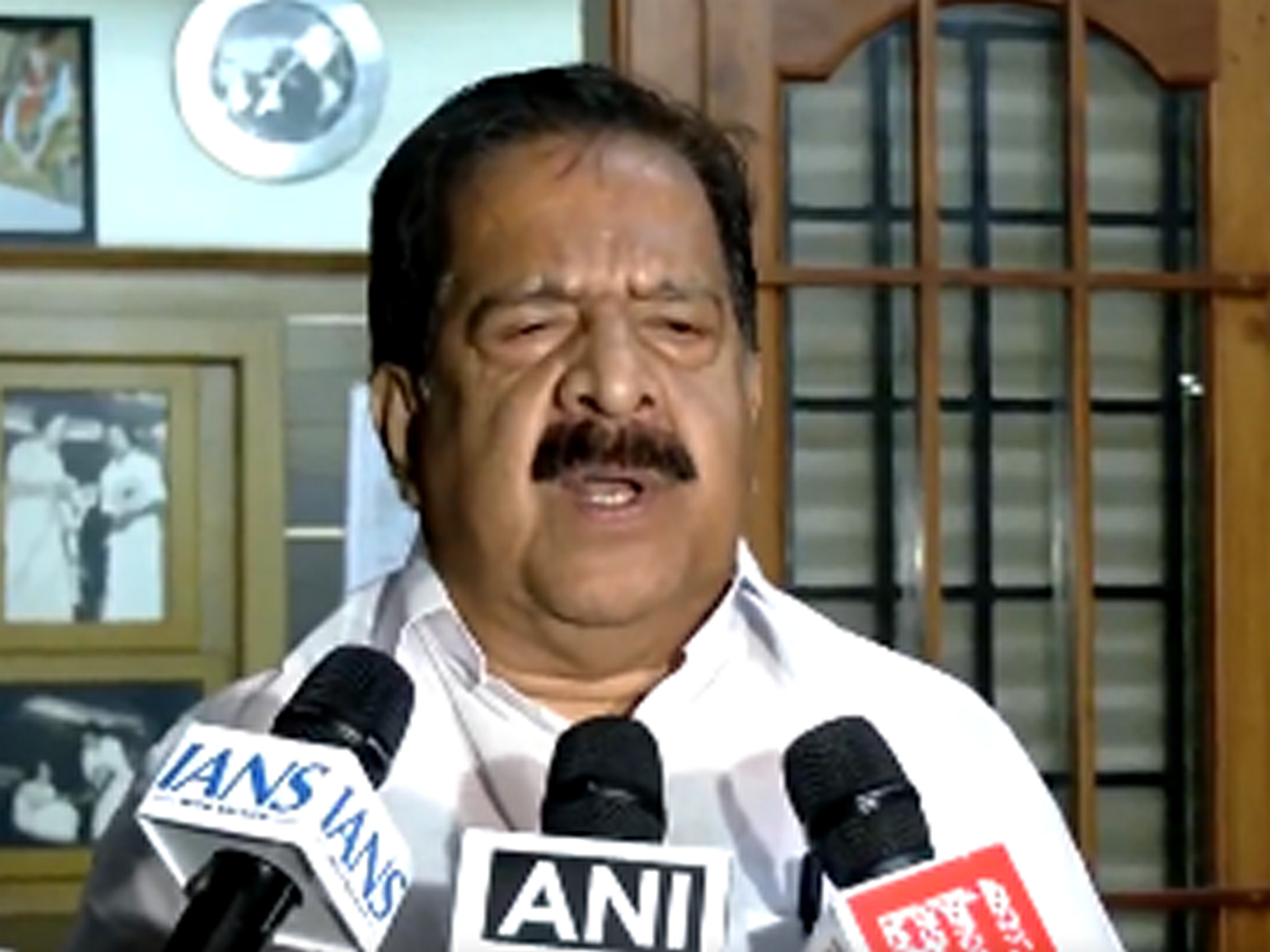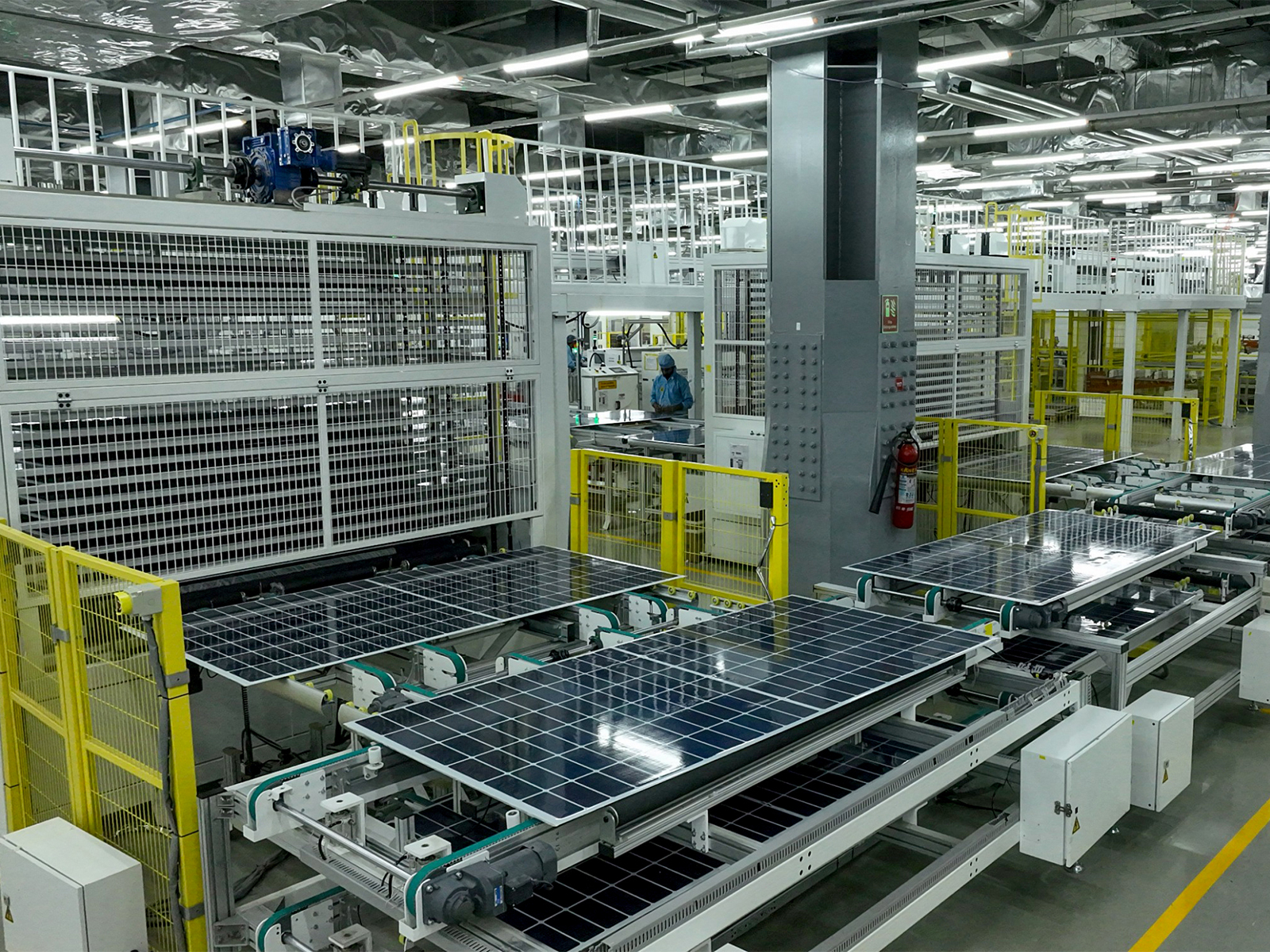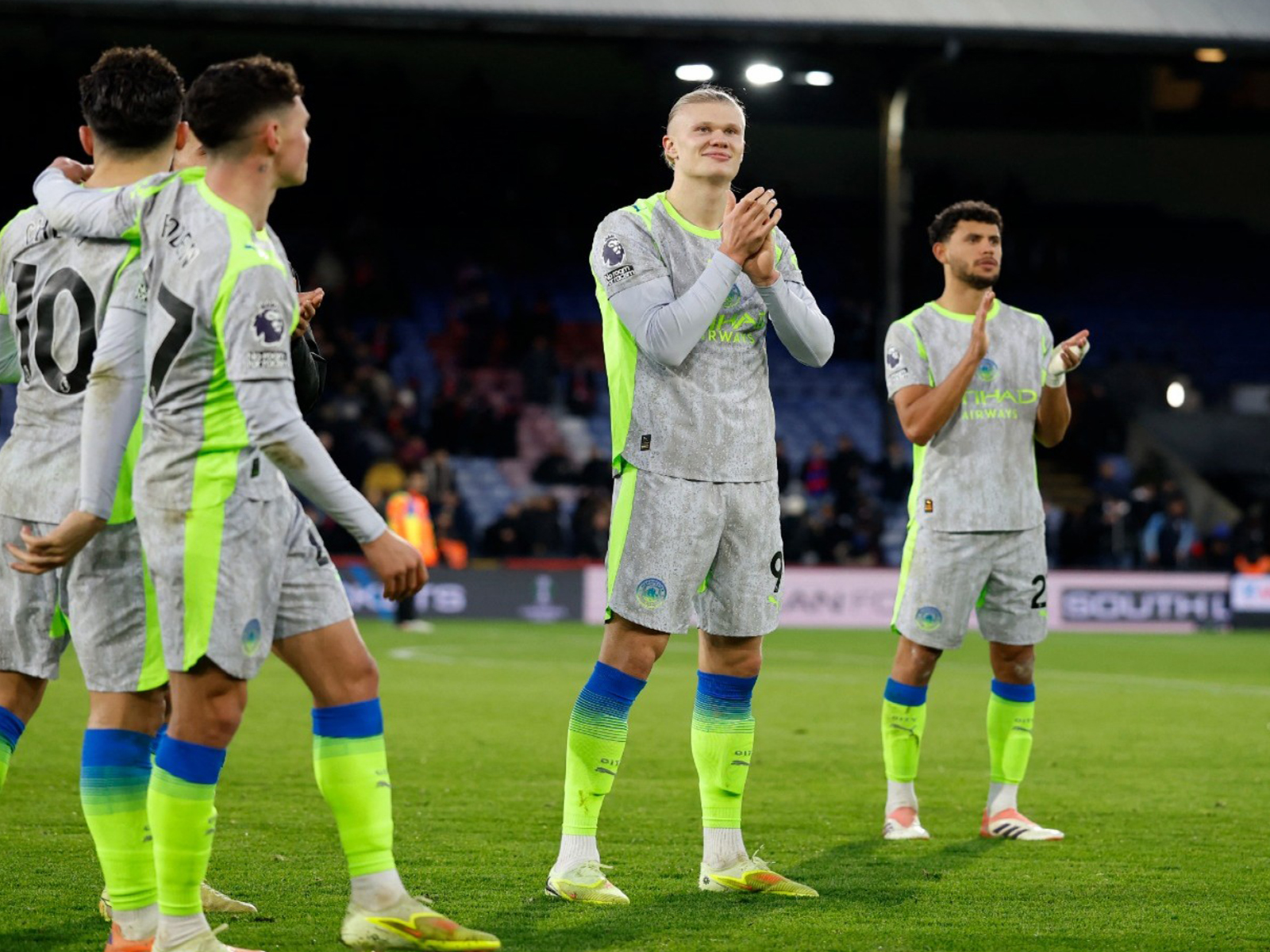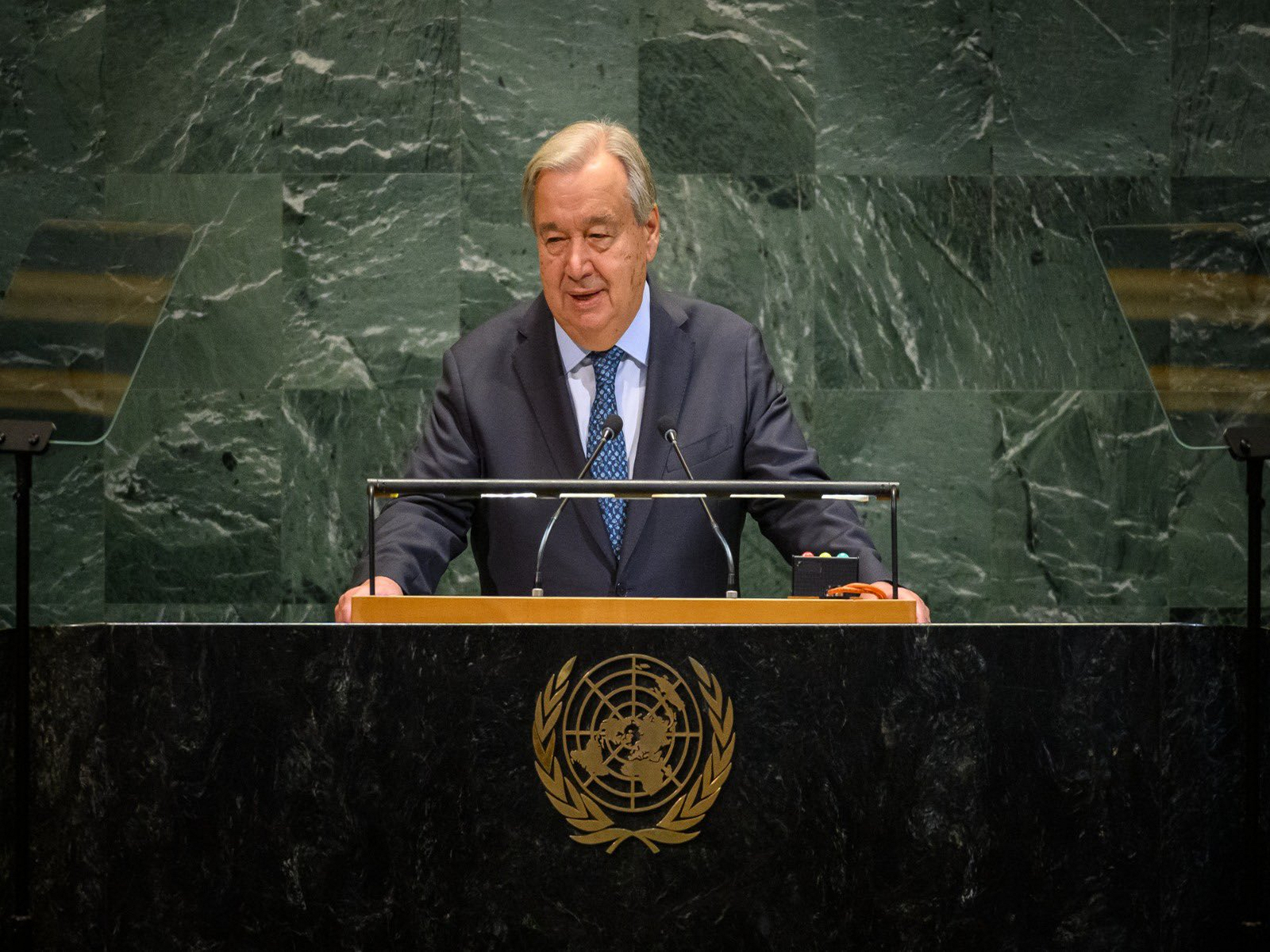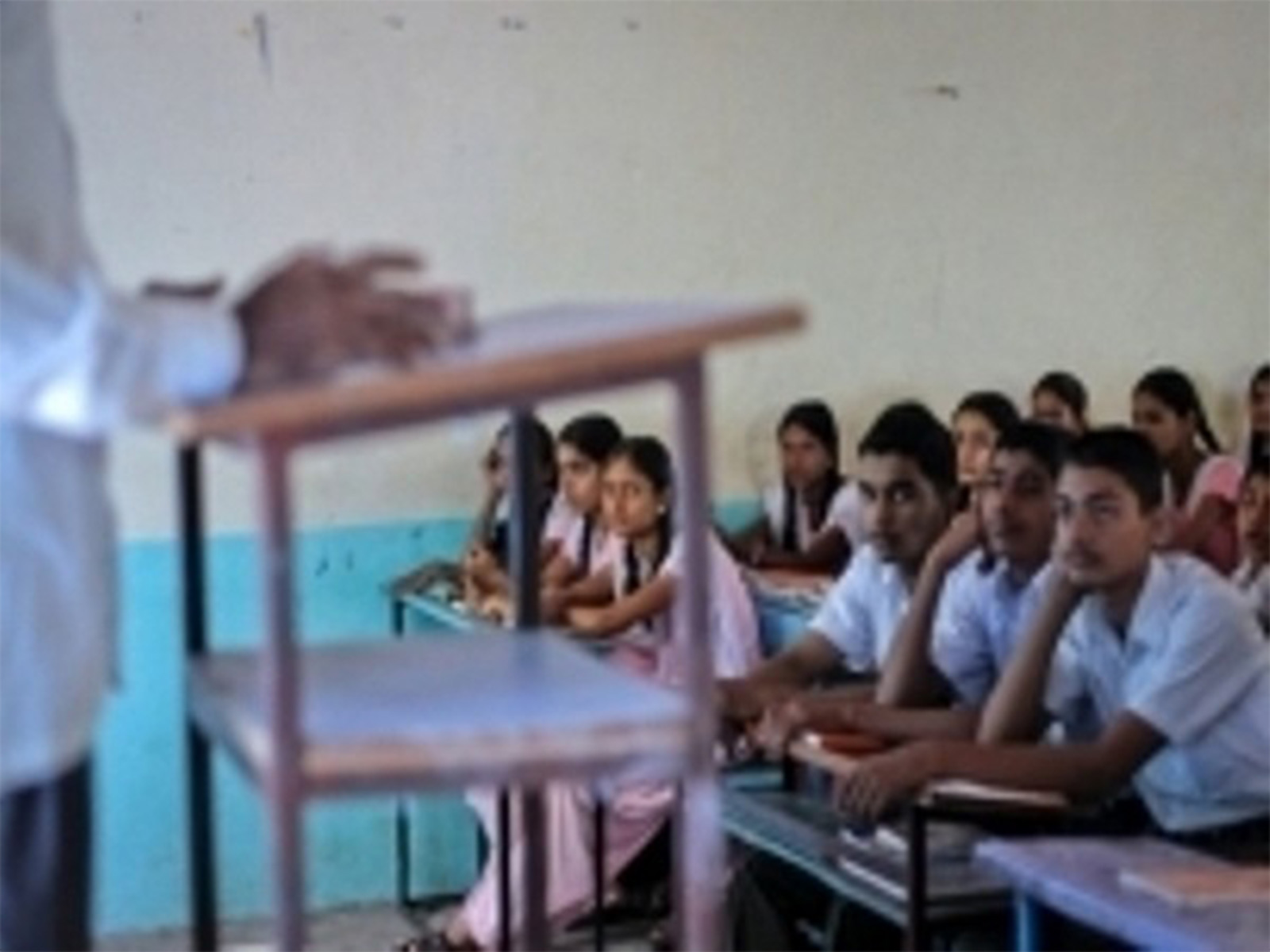G20 Summit showcased Bharat’s technological capabilities, economic strength: MoS Jitendra Singh
Sep 12, 2023

New Delhi [India], September 12 : Union Minister of State (Independent Charge) Science and Technology Jitendra Singh said the G20 India Summit held in Delhi showcased Bharat’s technological capabilities as well as economic strength.
MoS Singh was addressing the inauguration of the ‘One Week One Lab’ (OWOL) programme of CSIR- -National Institute of Science Communication and Policy Research (CSIR-NIScPR), New Delhi on Monday.
“Under Prime Minister Narendra Modi, this Government has institutionalised fusion between the traditional knowledge and the cutting edge modern technology. We had the traditional knowledge library which is now known as the TKDL (Tradition Under Primal Knowledge Digital Library). Even the Bharat Mandapam or some of the latest monuments constructed by this government represent the best fusion of the latest scientific acumen, technology and architecture with the traditional heritage that we have inherited over the generations,” he said.
“I am glad that India, under PM Modi, has taken a lead in doing so. This is also an occasion when we are making a transition from the kind of work approach that we have followed over the years,” MoS Singh said referring to the Anusandhan National Research Foundation which will have up to 70 per cent funding from non-governmental sources.
Following the success of ‘One Week One Lab’ (OWOL) programme, Jitendra Singh proposed the observance of ‘One Month One Theme’ programme towards integrating the efforts of the various CSIR laboratories.
“Even though each of the (CSIR) labs has a different USP, many of them have a common theme… therefore, later on, in the next stage, we could have a wider integration based on themes,” he said, stating that the Aditya Mission illustrates the ‘Whole of Science’ approach where all Departments pooled resources including ISRO, DST, CSIR’s National Aerospace Laboratories, Tata Institute etc.
MoS Singh said that the idea behind OWOL is Integration within the scientific community and integration within the larger society. OWOL helps research labs, reach out to society and show to the public that what they are doing is actually for the public good.
Stating that the NIScPR can be a torchbearer, Jitendra Singh said the CSIR labs can publicise 10 success stories each.
“The idea is to reach out to the potential beneficiaries. However much and however valuable an experiment is, it ceases to actually achieve its purpose if it doesn’t reach out to those for whom it is meant to be,” he said.
The New Delhi Declaration adopted at the G20 Summit committed itself to implementing India’s initiative of the 'Lifestyle for Environment Mission’ (LiFE) and promoting Artificial Intelligence towards achieving the United Nations’ Sustainable Development Goals (SDG).
By adopting the 'Green Development Pact,' G-20 has also reaffirmed its commitment to sustainable and green growth.
The G20 Summit supported India’s plan to build and maintain a Global Digital Public Infrastructure Repository (GDPIR) and welcomed the establishment of the Global Initiative on Digital Health (GIDH) within a WHO-managed framework.
A landmark achievement was the launch of the Global Biofuel Alliance (GBA) by the leaders of Singapore, Bangladesh, Italy, USA, Brazil, Argentina, Mauritius and UAE, at the initiative of PM Modi on the sidelines of the G20 Summit. GBA aims to serve as a catalytic platform, fostering global collaboration for the advancement and widespread adoption of biofuels.
On the occasion, Jitendra Singh inaugurated the Science Media Communication Cell and released a number of NIScPR publications and journals.
Among the dignitaries who addressed the gathering included N Kalaiselvi, Secretary, DSIR and DG, CSIR, Venu Gopal Achanta, Director CSIR-NPL and Ranjana Aggarwal, Director, CSIR-NIScPR.
